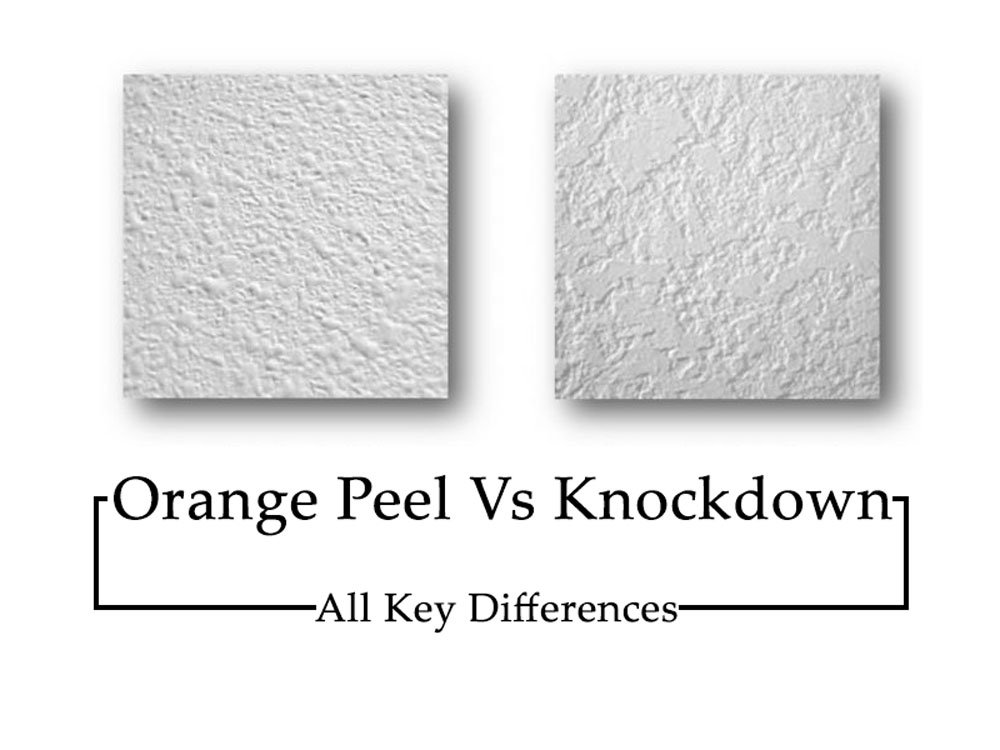Building a home is one of the most exciting yet overwhelming tasks you might face in your life. It requires careful planning, organization and attention to detail to ensure everything goes as planned and according to your preferences. Simple things like deciding on the design of the house, the materials to use, the contractor to work with and a million other things you need to contend with can be overwhelming. For example, while the house is being constructed you need to ensure that there is plenty of water supplied on site.
Thankfully you won’t be the first to encounter any issues you run into and there will almost certainly be a service that already exists to fill that niche, like a service that has water trucks for rent to aid in water supply during the construction process. All of these tiny details can add up if you aren’t prepared, which is why planning is, therefore, crucial when embarking on a home construction project. Here are some of the essential things you should know before getting started.
Understanding the type of home you want
When building a home, understanding the type of home you want is essential. Knowing what kind of home you want will help you determine the size and layout of your house, as well as the materials and features that will be included in its construction. It’s important to consider all aspects of your project before beginning construction, including a budget, location, climate, lifestyle needs and more.
For example, if you live in an area with extreme weather conditions or are seeking a low-maintenance retirement living option, a modular or manufactured home may be the best choice for your project. On the other hand, if you’re looking for something more traditional and luxurious, a custom-built home may be better suited to meet your needs.
The building process and regulations
Before you start your home-building project, it is vital to understand the building process and local regulations. Start by researching the local zoning laws and building codes in your area. These will provide information on what type of construction is allowed in your neighborhood, as well as any restrictions that may be placed on the size or height of a structure.
It would help if you also familiarize yourself with the permitting process for your area, which can vary from state to state. Once you understand these regulations, you can begin planning your home’s design. Consider energy efficiency, sustainability and accessibility when designing your home. Additionally, ensure that all materials used in construction meet local safety standards.
Deciding on a budget and financing options
Budgeting and financing are two of the most critical aspects of building a home. Before you start your project, it’s essential to determine how much money you can realistically afford to spend on the construction. It will help you decide which materials and features to include in your design. Once you have an idea of what your budget is, it’s time to look into financing options. Depending on your financial situation, there are several ways to finance a home-building project.
You can get a loan from a bank or other lender or use personal savings or investments. If you need more money saved up for the entire project, consider researching available loaning options carefully before making any decisions so that you can find the best solution for your needs.
Selecting materials and design features
When selecting materials and design features for your home, it’s essential to consider both the aesthetic appeal and practicality of each option. For instance, if you’re looking for flooring options, think about how easy it is to clean and maintain your chosen material. A hardwood floor is not the best choice if you have children or pets in the house since it can easily get scratched or stained.
Instead, opt for something like tile or vinyl that is more durable and easier to keep clean. Additionally, consider their texture and color when selecting materials for walls or countertops. A glossy finish may look great, but it can be challenging to keep clean over time. On the other hand, a matte finish may be less visually appealing but will require less maintenance in the long run.
Choosing the right contractor
When choosing the right contractor for your home-building project, there are a few key factors to consider. First and foremost, you should always check their credentials and references. Make sure they have the licenses and certifications required by your state or local government. Ask them for proof of insurance to ensure that any potential damages or accidents will be covered.
Additionally, ask for recommendations from friends or family who have had similar projects done in the past. It will give you an idea of what kind of workmanship to expect from the contractor. Once you’ve narrowed down your list of potential contractors, get detailed estimates from each one and compare them before making a final decision.
Final Words
To conclude, it is essential to be prepared before starting a home building project by researching the costs, obtaining permits and having a clear plan for your project. Additionally, it is wise to consider hiring professional help to ensure the best possible outcome.
Recommended Posts:














